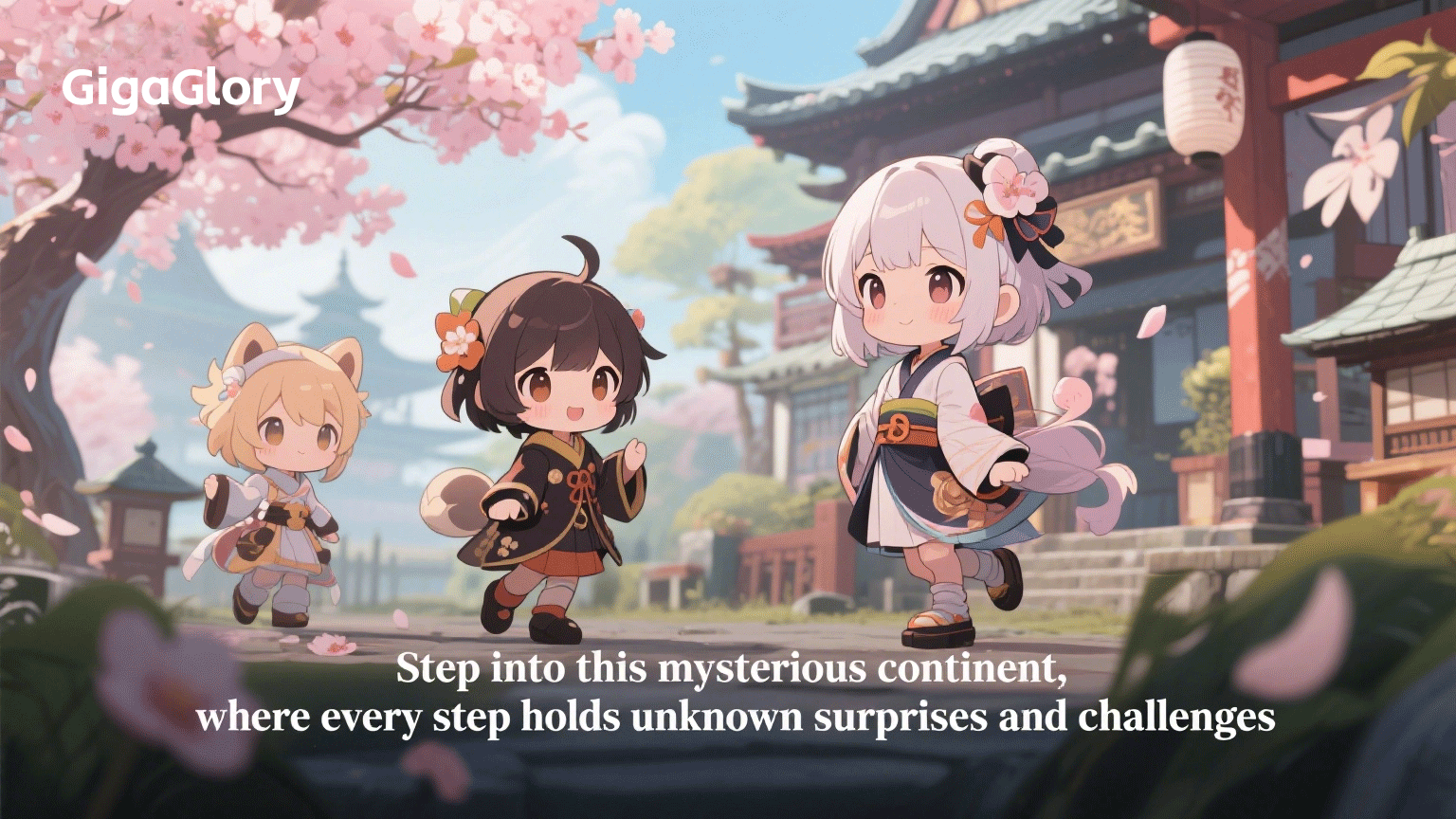How Puzzle Games Enhance Strategic Thinking: Unleashing Your Inner Strategist
Puzzle games have been an essential part of gaming culture for decades, captivating players of all ages with their challenges and intricacies. Whether it's the charming worlds of a Mario Odyssey Mushroom Kingdom face puzzle or the strategically layered challenges of a 2019 voxel style mobile game RPG, these games offer more than just entertainment; they are vital tools for enhancing our strategic thinking skills. In this article, we will explore the multifaceted benefits of puzzle games, particularly focusing on how they can unlock your inner strategist and provide a framework for strategic gameplay.
The Essence of Puzzle Games
What exactly are puzzle games? At their core, they are games that challenge players to solve problems by utilizing logic, pattern recognition, and critical thinking. These games range from classic, like Tetris and Sudoku, to modern iterations found on mobile platforms. The beauty of puzzle games lies in their accessibility and broad appeal.
Development of Strategic Thinking
Strategic thinking involves the ability to foresee potential outcomes based on current actions. It is a skill that can be honed and refined through regular engagement with puzzle games. By navigating through challenging levels, players learn to plan several moves ahead, assess risks, and make informed decisions under pressure. This cognitive practice builds a mental toolkit beneficial not just in games but also in real-life scenarios.
Key Benefits of Puzzle Games
- Cognitive Development: Engaging with puzzle games can enhance memory, attention, and problem-solving skills.
- Goal Setting: Players learn to set achievable goals, an essential facet of strategic gameplay.
- Adaptability: Puzzle games often introduce new rules or mechanics, teaching players how to adapt strategies dynamically.
- Decision Making: Players make frequent decisions that can lead to victory or defeat, fostering quick and effective thinking.
Puzzle Games vs. Strategy Games
While all puzzle games can be seen as strategy games, not all strategy games fall under the puzzle genre. Here’s a quick comparison:
| Aspect | Puzzle Games | Strategy Games |
|---|---|---|
| Objective | Solving problems, achieving high scores | Defeating opponents, managing resources |
| Game Mechanics | Focus on logic and patterns | Focus on planning and execution |
| Player Interaction | Often solo-focused | Can involve multiple players working against each other |
The Role of Storytelling in Puzzle Games
Many modern puzzle games, including those featuring the vibrant worlds of Mario, integrate storytelling to immerse players. The narrative adds depth, making players care about the outcome of each challenge. The stakes are not just about solving a puzzle; they become intertwined with the game's story, encouraging deeper engagement and strategic thinking.
Applying Puzzle Strategies in Real Life
What makes these games particularly effective is their translatable skills. Just like in a puzzle game, the multifaceted nature of real life requires strategic thinking. Players develop skills such as:
- Analyzing situations
- Evaluating options
- Implementing strategies effectively
Examples of Impactful Puzzle Games
Let’s look at examples of puzzle games that have stood the test of time and their influence on players' strategic abilities:
- Tetris: This game teaches players how to think ahead and plan their moves.
- Portal: It engages players with physics-based puzzles that require creative solutions.
- Luigi's Mansion: Combines adventure with puzzle challenges, emphasizing strategic navigation.
Mario Odyssey Mushroom Kingdom Face Puzzle
One of the prominent examples of how puzzle games can foster strategic thinking is found in the Mario Odyssey Mushroom Kingdom Face Puzzle. This particular level requires players not only to solve visual puzzles but also to navigate the environment strategically. The interplay of solving puzzles while dealing with enemies teaches players about situational awareness and flexibility in tactics.
Exploring Modern Mobile RPGs
With the rise of mobile gaming, many developers have begun crafting intricate RPGs with voxel art styles. The 2019 voxel style mobile game RPG is an exemplary iteration that blends RPG elements with puzzles, encouraging a balance between exploration and problem-solving. Players must tackle quests that often contain puzzle elements requiring clear strategic thinking.
Community and Competitive Nature
Another interesting facet of puzzle games is their community aspect. Games often feature leaderboards and community challenges, pushing players to improve their strategic thinking skills through a competitive lens. This involvement can lead to increased motivation and enhanced learning through shared strategies among peers.
Potential Drawbacks of Puzzle Games
While engaging with puzzle games has numerous benefits, it's worth noting that relying solely on them can lead to certain drawbacks. Players might become overly fixated on short-term strategies without considering long-term consequences. Striking a balance between different types of games is essential for a well-rounded skill set.
Conclusion
In conclusion, puzzle games serve as critical training grounds for enhancing strategic thinking. They provide a platform for players to engage in cognitive challenges that promote problem-solving, decision making, and strategic planning. By immersing yourself in such games, whether through iconic titles or contemporary voxel-inspired RPGs, you can unlock your inner strategist, ready to tackle not just virtual challenges but real-world ones as well. So next time you find yourself lost in a captivating puzzle game, remember: it’s not just play; it’s preparation for life’s strategic encounters.



